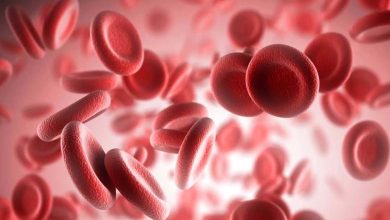Does having low vitamin D put you at risk of getting infected?

In the context of the Covid-19 pandemic, vitamin D was at the center of debates on prevention. Supplementation was even advised for its protective effect, which was supposed to boost the immune system against respiratory bacteria and viruses, but the scientific evidence was mixed.
Clinical tests
Today, two large clinical trials have looked into the matter. Their results, published by the BMJ, reveal that vitamin D supplementation in adults during the SARS-CoV-2 pandemic was not associated with protection against respiratory tract infections or Covid-19.
The first trial was conducted in the UK between December 2020 and June 2021 and involved 6,200 adults (16 years and older) not using vitamin D supplements at the time of enrolment. Half (3,100 participants) were offered a vitamin D blood test and those with low vitamin D levels (2,674; 86%) received either 3,200 IU/day or 800 IU/day of vitamin D supplements for six months, while the other half received neither testing nor supplements.
Cod liver oil
The second trial was conducted in Norway between November 2020 and June 2021, using cod liver oil which contains low doses of vitamin D and vitamin A as well as omega-3 fatty acids. A total of 34,741 adults (18-75 years) who were not using vitamin D supplements were given either 5ml of cod liver oil or 5ml of placebo (corn oil) daily for six months. The majority of participants (86%) who were tested had adequate vitamin D levels at the start of the study.
Again, the researchers found no effect of cod liver oil on acute respiratory infections or Covid-19 confirmed by PCR testing, compared to placebo.
The most effective way
The authors caution that the results should be interpreted in the context of a highly effective vaccine deployed in both trials, which remains the surest way to protect people against Covid-19.
They agree, however, that vitamin D, as demonstrated by two large meta-analyses on the subject, may be beneficial for people with a deficiency but not “healthy people with normal levels“, says in an editorial Professor Peter Bergman, of the Karolinska Institutet in Sweden.












